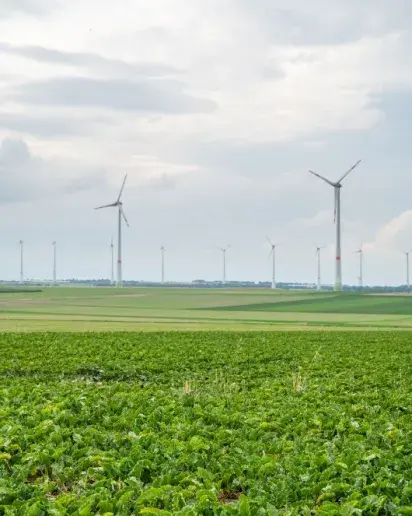Alianza de Valles de Hidrógeno
A team effort to boost the Renewable Hydrogen integration.
What is Renewable Hydrogen?
It is an agreement signed by a total of 16 associations aimed at promoting the value chain of renewable hydrogen and positioning Spain as a leading country in hydrogen within the European Union.
Adhered ecosystem
0Hydrogen valleys spread across Spain
0Entities
involved
0
K Tons of hydrogen
per year
0Projects
completed
0
M Tons of CO2
abated

Hydrogen valley alliance members
Frequently Asked Questions
Why renewable hydrogen?

Hydrogen is a versatile energy carrier that can be produced from renewable sources, such as solar and wind energy, through electrolysis processes. This contributes both to emission reductions by replacing fossil fuels, and to reducing energy dependency by being producible from local energy sources (sun, wind…).
Renewable hydrogen, besides being a clean fuel, can also be used as a raw material in industrial processes and as a means of energy storage.
Its large-scale implementation can help balance the supply and demand of renewable energy and mitigate its intermittency, facilitating a faster and more efficient transition to a decarbonized economy.
Why the Hydrogen Valleys alliance?

Reduction of energy dependency
Renewable hydrogen is a key energy carrier to fulfill the commitment we have made at the European level to achieve net zero emissions by 2050 and to advance in reducing energy dependency.
Opportunity for industrial development
Spain has ideal conditions to make renewable hydrogen a key vector for the energy transition and an opportunity for industrial, economic, social, and technological development.
Development of hydrogen valleys
The strategy of developing hydrogen valleys (ecosystems that connect production and consumption) as the optimal formula for developing the hydrogen value chain.
Strengthening the development of initiatives
The Hydrogen Valleys Alliance serves to strengthen ongoing initiatives in different regions. To cooperate, share experiences, and leverage synergies.
Why is it an opportunity to position Spain as a leader in the development and production of green hydrogen?

Spain has several key strengths to develop the entire hydrogen value chain:
Abundant renewable resources
Spain has extensive wind and solar resources, which facilitate the production of green hydrogen from renewable energies.
Key infrastructure and projects
Enagás Hydrogen Backbone: Enagás is designing a hydrogen backbone network that will cover approximately 3,000 kilometers across Spain.
H2Med Pipeline: This project will connect the Iberian Peninsula with Europe through France, facilitating the export of green hydrogen.
Green Hydrogen Maritime Corridors and derivatives: It will connect the Port of Algeciras with the Port of Rotterdam, led by Cepsa; the corridor between the Port of Bilbao and the ports of Amsterdam and Duisburg, led by Petronor-Repsol; and the corridor between the Port of A Coruña and the Port of Rotterdam, led by Fisterra Energy.
Institutional and financial support
The Recovery, Transformation, and Resilience Plan includes aid programs for the innovative renewable hydrogen value chain.
Industrial and technological capacity
The Spanish industrial fabric is well positioned to support the development of green hydrogen. Energy companies and industrial groups have announced plans to develop numerous projects for hydrogen production and use across its entire value chain.
Strategic geographical position
Spain has a geographical location that facilitates both self-sufficiency and the export of hydrogen to other countries.
Innovation and technological development
Spain is promoting the creation of technological clusters and pilot projects at the regional scale, fostering industrial innovation and the development of homegrown technology.